Table of Contents
Upcoming Programs

New Labor Activist Academy in 2025
We’re excited to launch an updated version of our popular Labor Activist Academy! We are offering several new courses as part of the program—on solidarity between generations, labor law, and bargaining. In addition, we have changed the format to make it more accessible. Participants will be able to select individual courses based on their interests and availability, and each course will meet on one Saturday. Those who complete four courses in the program remain eligible to earn a program certificate. This year we’ll be running the program in Erie, Philadelphia, and Pittsburgh.
Leadership for a Renewed Labor Movement
In May of 2025, we’ll start the second cohort of our new leadership program, designed for principal officers and other labor leaders with a significant sphere of influence to increase capacity for leading change. Over three intensive retreats, participants will examine the state of our movement, gain new tools for individual leadership, and identify strategies for collaboration to build our movement.
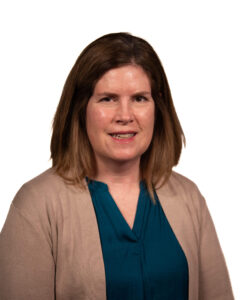
10:00–11:00 a.m. via Zoom
Friday, January 24, 2025
Friday, April 25, 2025
Friday, June 27, 2025
Friday, October 24, 2025
Pennsylvania Labor Educators’ Roundtable
The Pennsylvania Labor Educators’ Roundtable is a space for labor educators and those interested in labor education to share curriculum and discuss best practices, challenges, and ideas for engaging activities. The Roundtable meets virtually via Zoom once per quarter. If you would like to participate in the Roundtable, please email laborschool@psu.edu indicating your interest.
Pennsylvania Labor History Society Spring 2025 Conference
Commemorating Jock Yablonski and the Miners for Democracy Movement
On New Year’s Eve, 1969, three men broke into the Clarksville, Pennsylvania home of United Mine Workers (UMW) reformer Jock Yablonski. They proceeded to gun down Yablonski, his wife, and daughter in their beds. The murder was commissioned by the UMW’s President, Tony Boyle, in retaliation for Yablonski challenging him for the union’s presidency in an election held earlier that month. Instead of snuffing out the democratic reform movement Yablonski led, his murder inspired other UMW members to carry on Yablonski’s challenge to the union’s corrupt, autocratic leadership.
In 1970, Yablonski’s supporters gathered to formally create the rank-and-file Miners For Democracy (MFD) reform group. The MFD convinced a federal judge to overturn the 1969 election and in the subsequent rerun of the presidential election, Arnold Miller, the MFD’s candidate, defeated Boyle. The MFD slate of officers took over the union and in the next few years transformed the UMW from a corrupt, top-down union to one of the most democratic in the American Labor movement.
In the spring of 2025, the Pennsylvania Labor History Society (PLHS) will commemorate the Fifty-fifth anniversaries of the Yablonski murder and the birth of the MFD reform movement with a weekend conference to be held in Fayette County, Pennsylvania. Joseph “Chip” Yablonski, Jock’s son and a retired union-side labor attorney, has been invited as the keynote speaker. Other speakers will include former UMW officials and authors of books on the Yablonski murder and the MFD movement. The dates and location for the conference will be announced soon.

What We've Been Up To
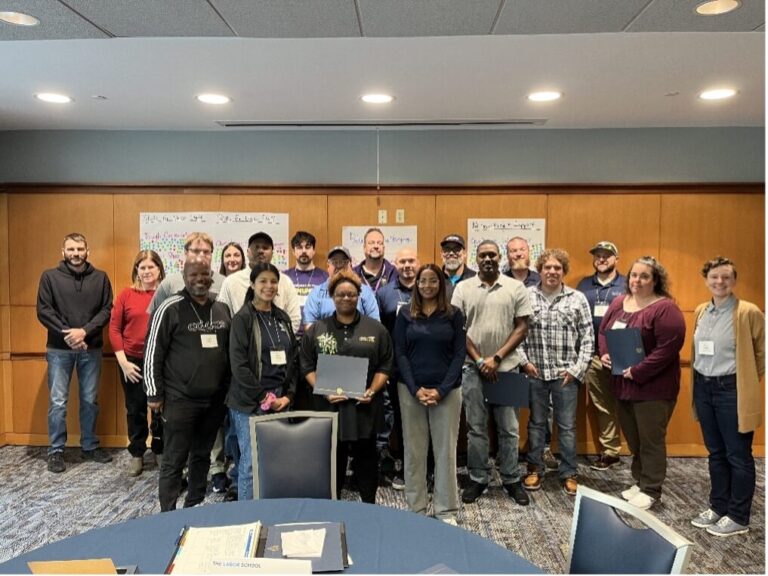
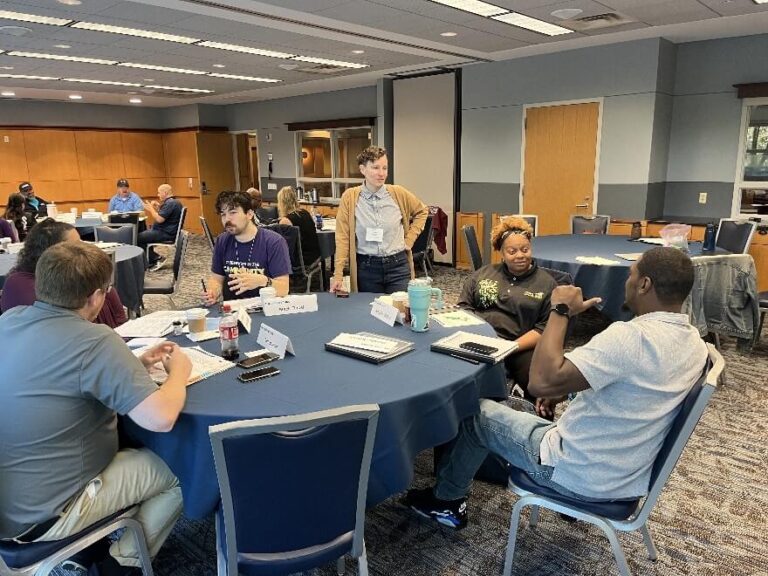
Staff Development Program
Our team had a great experience wrapping up our training series for new union staff this October! We met over five sessions that focused on providing support and learning across unions, skill building, advocating for equity, and understanding our movement. We plan to offer this program again in 2026 and look forward to working with your staff.
Research Showcase
This fall the LABOR School hosted Carla Lima Aranzaes, assistant professor of labor and employment relations, and Destiny Blackwell, Amazon worker and organizer with CAUSE (Carolina Amazonians United for Solidarity and Empowerment). Lima Aranzaes and Blackwell discussed their research project examining the working conditions and labor organizing at an Amazon warehouse in Garner, North Carolina. If you are interested in watching this recorded webinar, please contact us at laborschool@psu.edu.
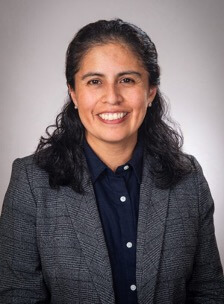
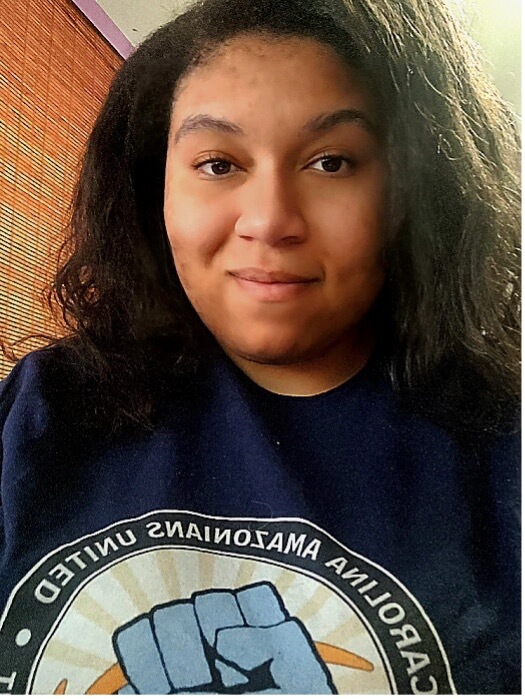
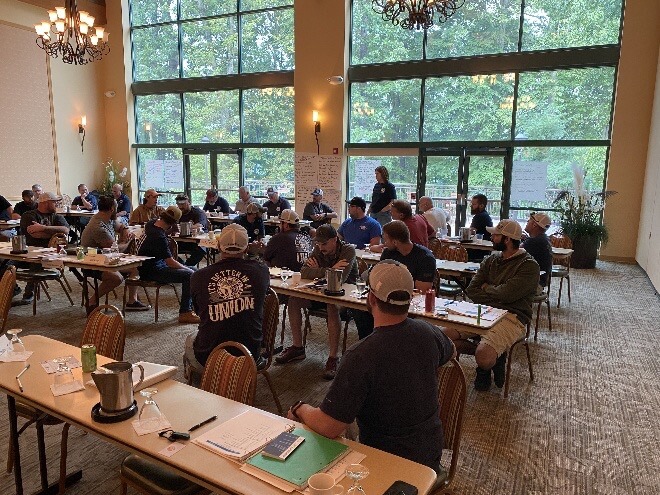
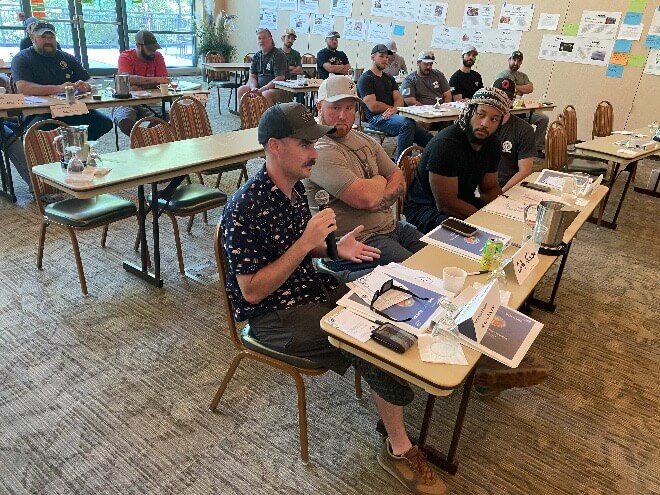
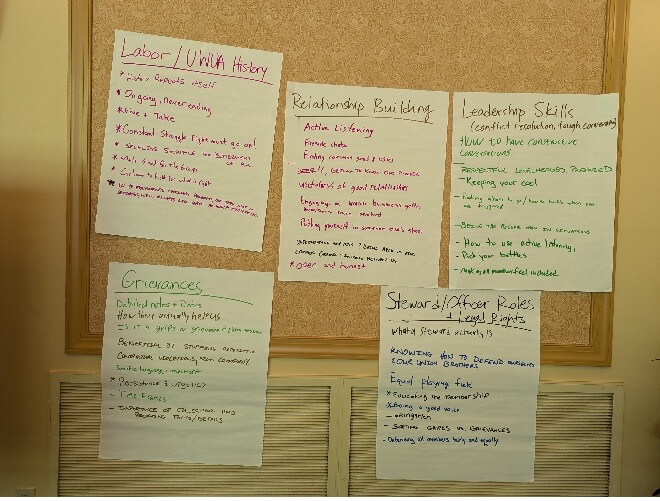
UWUA Local 102 Union Leader Training
In August 2024 we worked with the Utility Workers Union of America Local 102 to develop custom training for union leaders. The four-day training took place at Lake Raystown Resort and covered relationship building, union leader roles and responsibilities, grievances, and leadership development. If your organization is interested in developing a custom training with the LABOR School, please submit this Google Form.
UWUA Region II National Board Representative
Research and Consulting Services
Research and Consulting Services for Unions
The Labor School at Penn State is pleased to announce that it is now offering research and consulting services to Pennsylvania unions. The Labor School’s faculty have significant experience in conducting applied research of value to unions, especially membership surveys. These surveys can help unions increase their strength and effectiveness by providing insight on what the union is doing well and on what it could do better. For example, member surveys can:
- provide insight on the effectiveness of a union’s communications program;
- measure member satisfaction with the union’s grievance procedure;
- determine members’ priorities for bargaining; and
- identify factors that could increase member attendance at union meetings.
In addition, member surveys can generate information about:
- member demographics,
- member commitment to the union,
- member willingness to participate in union activities,
- members’ knowledge of the union and its programs, and
- member satisfaction with the union.
or if you have other applied research needs, contact

This publication is available in alternative media on request. Penn State is an equal opportunity, affirmative action employer, and is committed to providing employment opportunities to all qualified applicants without regard to race, color, religion, age, sex, sexual orientation, gender identity, national origin, disability or protected veteran status. Penn State encourages qualified persons with disabilities to participate in its programs and activities. If you anticipate needing any type of accommodation or have questions about the physical access provided, please contact Mary Bellman at mary.bellman@psu.edu, in advance of your participation or visit. UBR CLA 24-1205